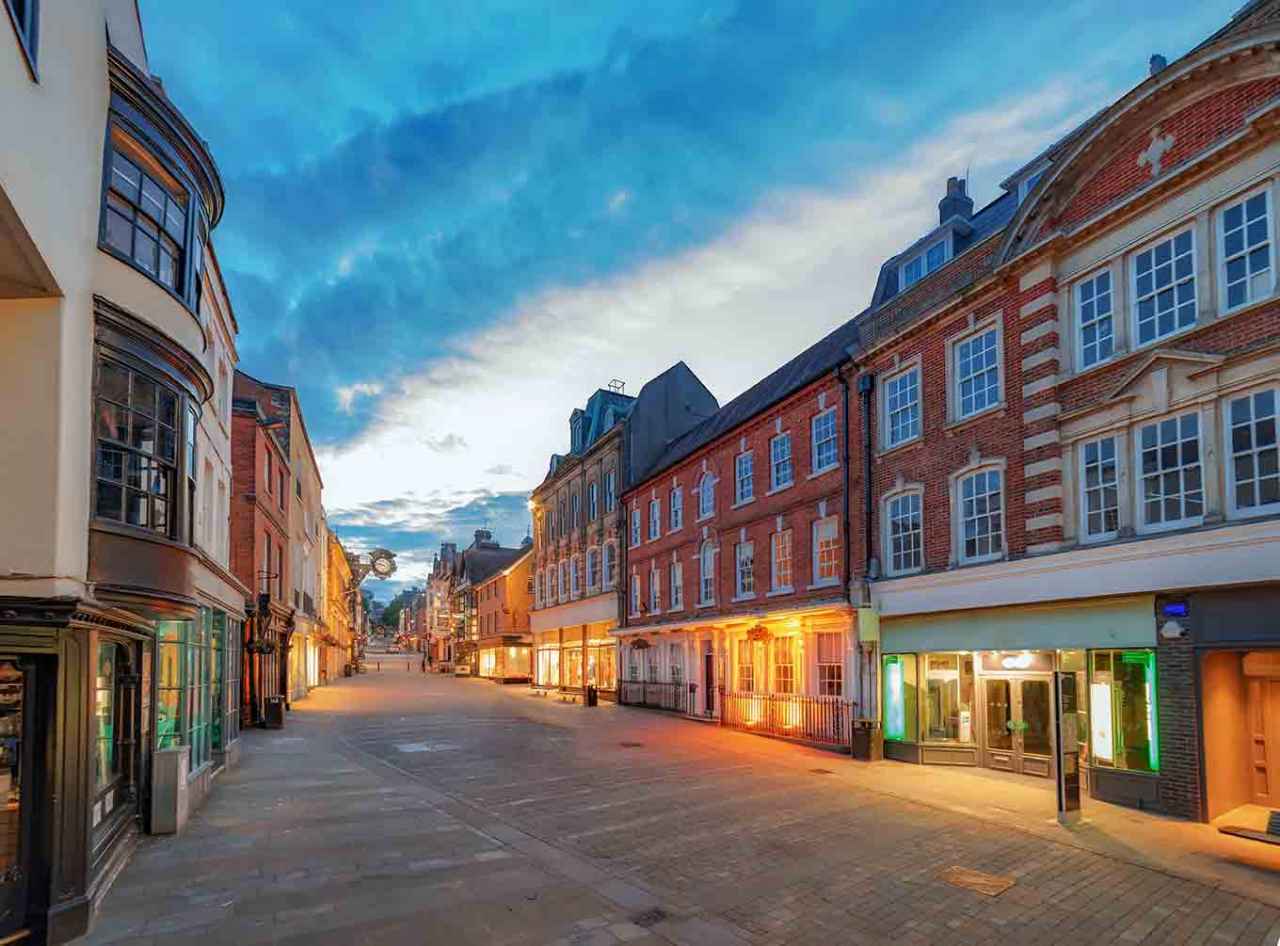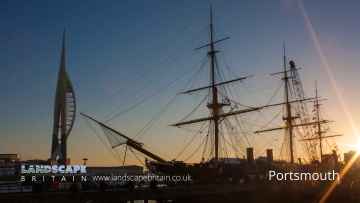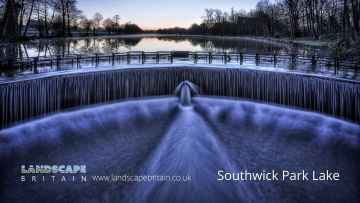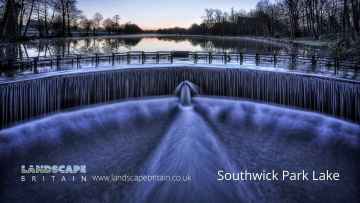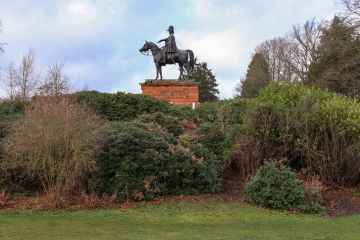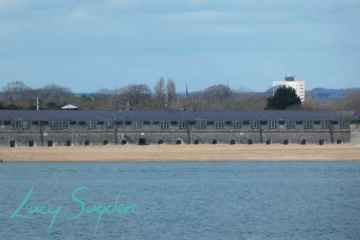Winchester is a City in the county of Hampshire.
There are great places to visit near Winchester including some great cities, villages, lakes, towns, historic buildings, shopping centres and airports.
Portsmouth, and Winchester are great places to visit near Winchester if you like cities.
Don't miss Southwick, Milford-on-Sea, and Hambledon's villages if visiting the area around Winchester.
Lakes to visit near Winchester include Southwick Park Lake.
The area around Winchester features a number of interesting towns including Aldershot, Lymington, Gosport, Basingstoke, and Southampton.
Fort Blockhouse is one of Winchester's best, nearby historic buildings to visit in Winchester.
Shopping Centres to visit near Winchester include The Malls - Basingstoke, and Westquay.
The area around Winchester features a number of interesting airports including Southampton Airport, and Blackbushe Airport.
Winchester History
There are some historic monuments around Winchester:
Areas of Winchester
Like most towns and cities Winchester is comprised of a number of areas, once separate villages or small towns and parishes now part of Winchester.
Many of the areas of Winchester have their own character and places of interest.
Places to see near Winchester
History of Winchester
After the Roman withdrawal from Britain in 410, urban life seems to have continued at Venta Belgarum until around 450, and a small administrative centre might have continued after that on the site of the later Anglo-Saxon palace. Ford identifies the community as the Cair Guinntguic (“Fort Venta”) is listed by Nennius among the 28 cities of Britain in his History of the Britons. Amid the Saxon invasions of Britain, cemeteries dating to the 6th and 7th centuries suggest a revival of settlement. The city became known as Wintan-ceastre (“Fort Venta”) in Old English. In 648, King Cenwalh of Wessex erected the Church of SS Peter and Paul, later known as the Old Minster. This became a cathedral in the 660s when the West Saxon bishopric was transferred from Dorchester-on-Thames. The present form of the city dates from reconstruction in the late 9th century, when King Alfred the Great obliterated the Roman street plan in favour of a new grid in order to provide better defence against the Vikings. The city’s first mint appears to date from this period. In the early 10th century there were two new ecclesiastical establishments: the convent of Nunnaminster, founded by Alfred’s widow Ealhswith, and the New Minster. Bishop Athelwold of Winchester was a leading figure in the monastic reform movement of the later 10th century. He expelled the secular canons of both minsters and replaced them with monks. He created the drainage system, the “Lockburn”, which served as the town drain until 1875, and still survives. Also in the late 10th century, the Old Minster was enlarged as a centre of the cult of the 9th century Bishop of Winchester, Saint Swithun. The three minsters were the home of what architectural historian John Crook describes as “the supreme artistic achievements” of the Winchester School.
Lakes near Winchester
Canals near Winchester
Rivers near Winchester
Shopping in Winchester
The Brooks Centre Upper Brook Street, The Close
The Brooks Centre mall
Kings Walk Tanner Street, The Close
Kings Walk mall
Winchester Antique Market King's Walk, The Close
Winchester Antique Market mall
Wykeham Industrial Estate Winnall, Winchester
Wykeham Industrial Estate retail park
Winchester Cathedral Visitors’ Centre The Close, Winchester
Winchester Cathedral Visitors’ Centre retail park
Winchester Trade Park Winnall, Winchester
Winchester Trade Park retail park
Moorside Retail Park Winnall, Winchester
Moorside Retail Park retail park
Sainsbury's 2, Middle Brook Street
Sainsbury's supermarket
Waitrose Stockbridge Road, Harestock
Waitrose supermarket
Sainsbury's Badger Farm Road, Compton and Shawford
Sainsbury's supermarket
Co-op Food 16, City Road
Co-op Food supermarket
ALDI 2, Burnett Close
ALDI supermarket
Tesco Extra Easton Lane, Winnall
Tesco Extra supermarket





